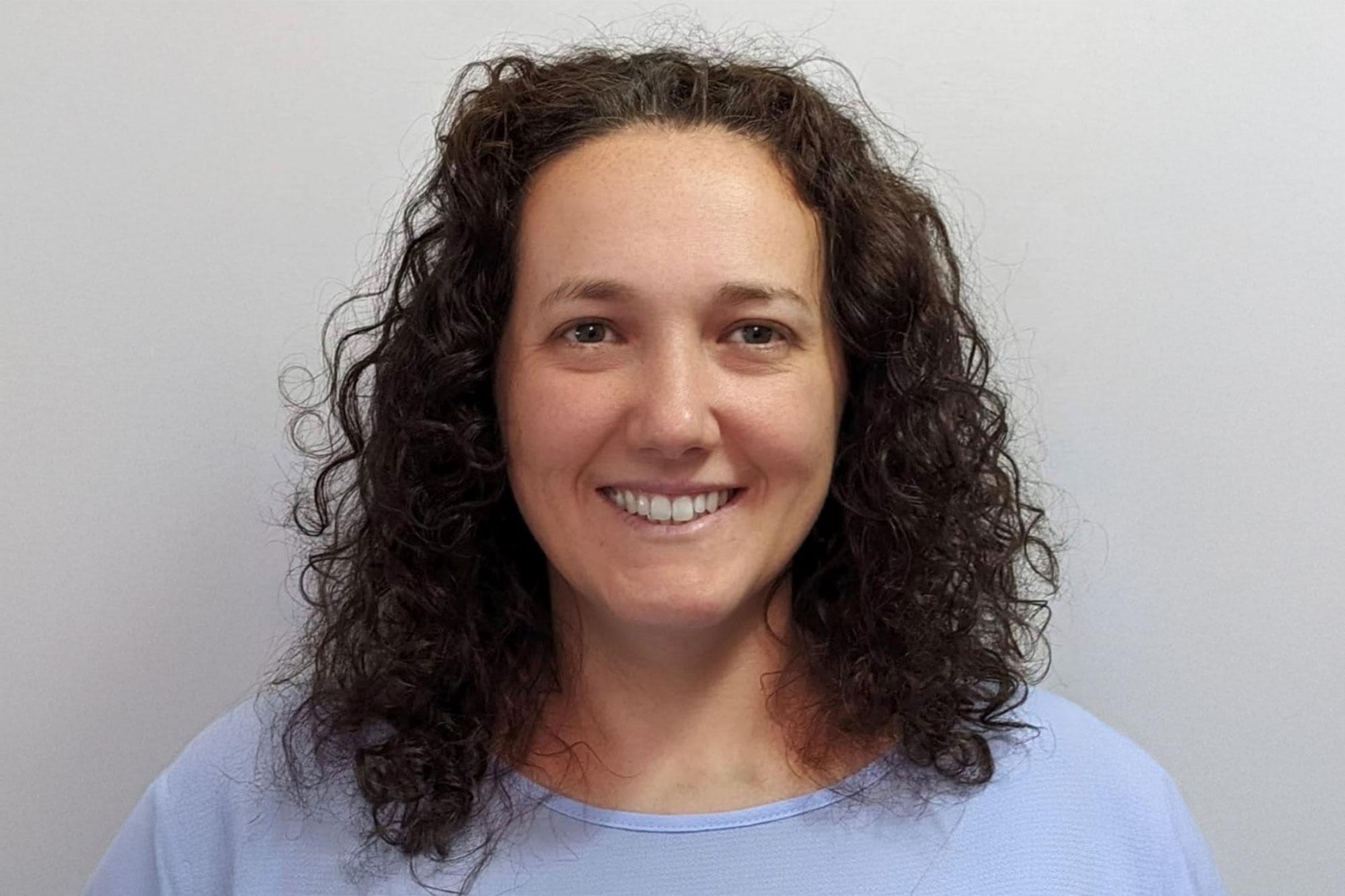People – Reliable, receptive, romantic

Presenting our members of the steering committee: Elisa Passini, Drug Development, NC3Rs - National Centre for the Replacement, Refinement and Reduction of Animals in Research, United Kingdom
Please describe yourself using 3 words that start with an R.
- Reliable
- Receptive
- Romantic
What motivated you to participate in the NRP 79 Steering Committee?
When I joined the NRP 79 Steering Committee, I was a postdoctoral researcher at the University of Oxford. I was working on a replacement project funded by the UK National Centre for the Replacement, Refinement and Reduction of Animals in Research (NC3Rs) focusing on the development of in silico methods for predictions of drug safety and efficacy. I accepted the invitation because I thought the NRP 79 call for “Advancing 3R” was very timely, and I was excited to be able to use my expertise to support 3Rs research. As a member of the Steering Committee, I learned a lot about the 3Rs, especially reduction and refinement, with which I was not very familiar. When the research project that I was working on ended in 2022, I decided to focus fully on the 3Rs, and I am now a Programme Manager for Drug Development at the NC3Rs.
In your opinion, which alternatives to animal experiments are currently the most promising in the UK?
In my opinion, most animal research is performed to acquire new knowledge that can then be useful and/or relevant to humans. In this respect, I believe alternatives that are human-based are the most promising, as the translation of results to humans is easier. These include, for example, the use of human stem cells, especially when patient-specific, and computer modelling and simulations. Both of these research fields have made significant advances in recent years, playing an important role in improving diagnosis and therapies for various conditions and in predicting drug safety and efficacy. Artificial intelligence (AI)-based methods are also becoming more and more popular, which reuse historical animal data to inform future predictions. Ongoing projects such as the Virtual Control Group or the NC3Rs CRACK IT Challenge “Virtual Second Species” are likely to play a major role in the reduction and replacement of animal experiments used for regulatory toxicology studies in the near future.
Main fields of expertise:
- Applying the 3Rs to regulatory toxicology testing for pharmaceuticals
- In silico methods for drug safety testing
- Computational cardiac electrophysiology
